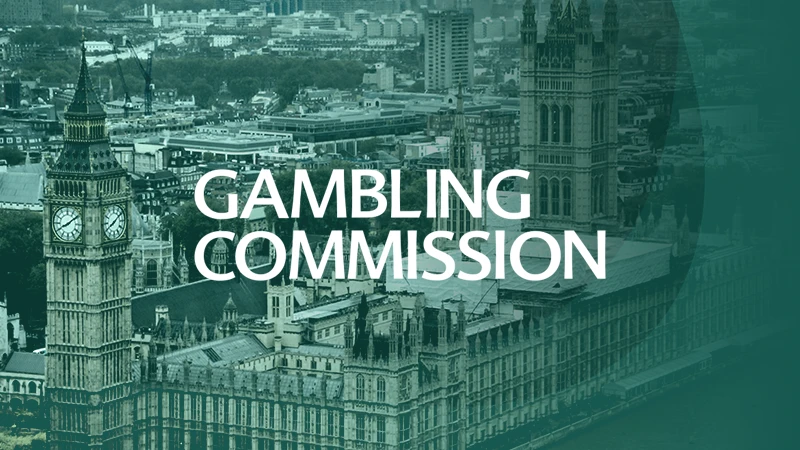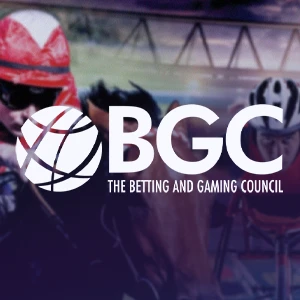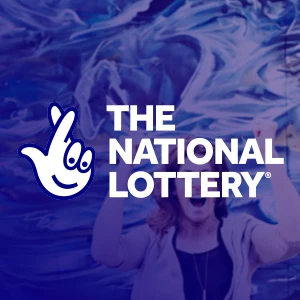Gambling Survey for Great Britain – what it means #1

The UK Gambling Commission (UKGC) is publishing its new Gambling Survey for Great Britain (GSGB) over the coming months and the first set of data ('Wave 1') is now in. The GSGB is a key component in the Commission’s efforts to shed more light on player behaviours and gather evidence to support any legislative changes.
Speaking about the pending survey release, the UKGC's CEO, Andrew Rhodes, repeatedly highlighted the importance of striking a balance between “protecting those who need it and not interfering with those who do not”. It's an important distinction and one that everyone should keep in mind amid the alarmist commentary that sometimes airs via mainstream media.
Rhodes hopes that the GSGB will enable the regulator to glean more about how players interact with various forms of gambling, and provide evidence regarding behavioural patterns and attitudes. This data will then be available to inform future legislation and guide policy.
The GSGB aims to gather data from over 20,000 respondents throughout the year, making it the largest gambling behaviour survey of its kind in the world. The Commission plans to publish the survey in ‘waves’, with Wave 1 already available.
“Exemplary in all respects”
Professor Patrick Sturgis of the London School of Economics published an independent review of the GSGB’s methodology in February, in which he praised the study’s methodology.
Specifically, Professor Sturgis highlights the quality of the study design as one “that can be expected to yield high quality and timely estimates of gambling prevalence in Great Britain”.
However, Professor Sturgis also makes some specific recommendations for improvement.
For example, one of his concerns regards discrepancies when comparing the estimated results of the new design to those of the older face-to-face interviews, which were conducted until 2018.
In response, the UKGC’s Executive Director of Research and Policy, Tim Miller, struck a positive note about the survey.
“We are clear that better evidence, driven by better data will lead to better regulation [...] We welcome the recommendations in the report to continue to understand the impact of the changes made to both the survey design and the methodology."
With such a strong professional endorsement, it seems that the new data may just meet the industry’s high expectations.
What this means for players
The survey will ultimately benefit players susceptible to problem gambling, or those in need of intervention. By understanding players’ behaviours better, the UKGC can design and implement tools to curb and treat problem gambling more effectively.
It's expected that the data will be especially useful in helping identify early warning signs so that preventative measures can be taken.
The vast majority of the UK gambling population – almost half of UK adults – don't require intervention. Nevertheless, measuring non-problem gamblers' behaviours could also ultimately benefit the industry and future legislation more broadly. And of course there's an argument that can be applied just about anywhere: there's no such thing as too much data.
Heavy-handed interventions can isolate non-problem gamblers, potentially even pushing them towards illegal alternative sites. The UKGC is clear that it understands the importance of avoiding such an effect. However, this is certainly an issue to keep an eye on in the coming months when considering the alarming impact of maximum slot stakes in countries like Germany and The Netherlands.
This is where the GSGB comes in. The better the UKGC’s data, the more informed decisions and targeted interventions will be. Better data means the UKGC can take a light-touch approach and inconvenience players less.
Wave 1 roundup
The first wave of statistics is now with us – it draws on almost 5,000 interviews conducted in late 2023, with key takeaways from Wave 1 being:
- 48% of UK adults had participated in some form of gambling in the previous four weeks
- 27% had participated in non-lottery gambling
- Participation rates were highest among males aged 45 to 54
- When removing lottery gamblers, males aged 18 to 44 had the highest participation rate
- The online participation rate was 38%, or 16% when not considering lottery players
- The in-person rate was 29%, or 18% when not considering lottery players
- Lotteries are the most popular gambling activity, followed by scratch cards, then betting, then instant wins
- Most respondents gamble for fun / entertainment
Looking ahead
We can look forward to more insightful waves of data, with Wave 2 scheduled for publication on 27 June 2024. It seems likely that the new data will inform legislative changes, which are under discussion as part of the UK Gambling White Paper overhaul.
Even armed with a new set of robust statistics, the UKGC has its work cut out. As Rhodes stated back in February, “Getting the balance right is important, and keeping that balance is a job that’s never done.”
However, the quality of the work being done on the GSGB further solidifies the UKGC’s position as a world-leading regulator. By ensuring that future regulatory changes are informed to some degree by high-quality stats, the Commission is taking responsible and logical steps into the new era of legislation.
All eyes are on Wave 2, which will offer comparisons as the various data sets evolve and we’ll be able to better understand in which direction the figures are moving. It should prove to be an interesting read and I looking forward to seeing how this shapes up over the coming months. We will comment again in July after the publication of Wave 2. We would of course be interested to hear your thoughts.





